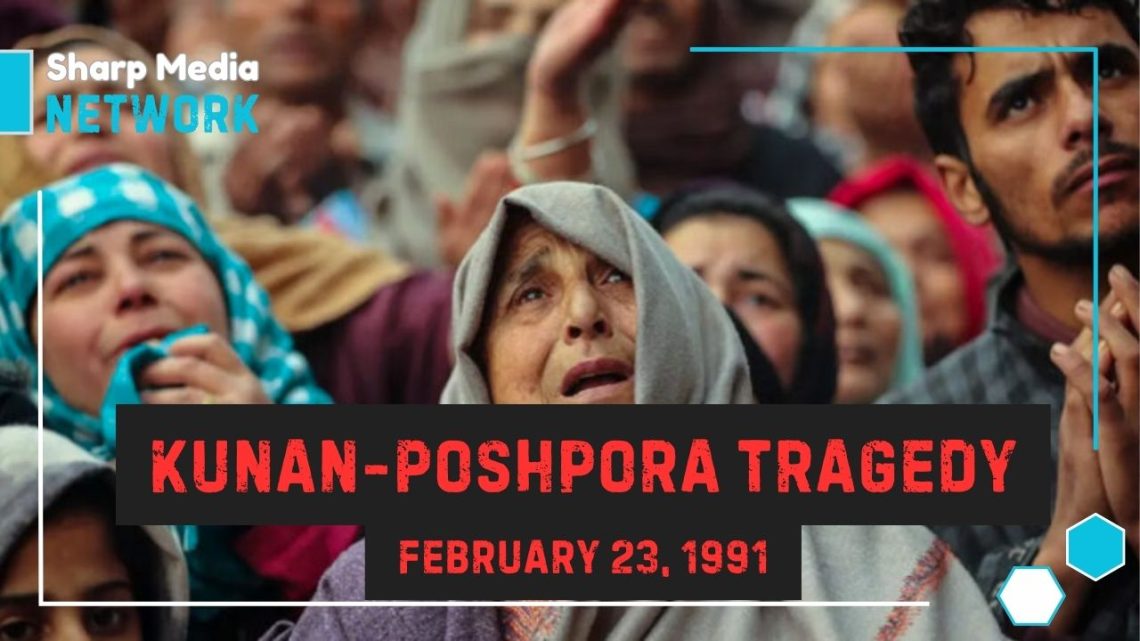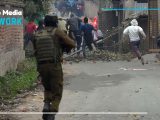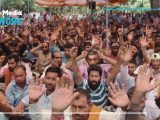
The Tragedy of Kunan Poshpora: A Legacy of Injustice in IIOJK
February 21, 2025The night of February 23, 1991, remains etched in history as one of the darkest moments for the people of Kunan and Poshpora, where justice remains elusive despite decades of international outcry.
On that fateful night, the twin villages of Kunan and Poshpora in the Kupwara district of Indian Illegally Occupied Jammu and Kashmir (IIOJK) became the site of one of the gravest human rights violations. A military operation by the 4th Rajputana Rifles resulted in the alleged mass rape of over 100 women. Human rights organizations have consistently condemned this horrific event, branding it as one of the most egregious crimes in the region’s history.
The early 1990s witnessed an intense phase of the Kashmiri freedom struggle, leading to frequent military raids. However, what unfolded in Kunan and Poshpora was far beyond a routine search operation. According to survivors, soldiers stormed into homes, separating men from women, and subjected women—including pregnant women, teenage girls, and elderly grandmothers—to unspeakable brutality. Eyewitnesses also reported the merciless torture of male villagers, many of whom were stripped and left exposed in the freezing snow for hours.
The next morning, the villagers were left shattered, their dignity stolen, and their cries silenced. In their pursuit of justice, the villagers wrote to the local tehsildar on February 25, but an official First Information Report (FIR) was not filed until March 8. The Deputy Commissioner of Kupwara, S.M. Yasin, who visited the site, later expressed his horror, stating that he felt “ashamed to put in black and white” the details of the atrocities. However, despite these grave allegations, the authorities dismissed the case as “baseless.”
The delay in medical examinations was used as a pretext to question the credibility of the victims’ claims. The Indian government largely ignored the matter, and though the then-Divisional Commissioner acknowledged public outrage and called for a high-level probe, no significant action was taken. The Press Council of India (PCI), led by journalist B.G. Verghese, investigated the case but was heavily criticized for its failure to consider medical and eyewitness evidence. Human Rights Watch and Asia Watch denounced the PCI report as biased and misleading.
International organizations presented a different narrative. The U.S. Department of State’s 1992 Human Rights Report confirmed that credible evidence suggested mass sexual violence was committed in Kunan and Poshpora. In 2011, the Indian Illegally Occupied Jammu and Kashmir State Human Rights Commission (SHRC) rejected the PCI report, affirming that the soldiers had acted with extreme brutality. The SHRC recommended legal action against the perpetrators and financial relief for the victims. However, despite repeated calls from the United Nations and other global bodies, the perpetrators remain unpunished.
Decades later, the trauma inflicted on the people of Kunan and Poshpora persists. Victims continue to face societal ostracization, with young women struggling to secure marriage proposals due to the lingering stigma. A 2013 report by The Indian Express revealed that only two students from the villages had been able to pursue higher education due to social discrimination. Some families have been forced to marry off their daughters to much older men, as younger suitors refuse alliances with women from the affected villages. The long-term psychological consequences of the incident have made rehabilitation difficult.
The Kunan Poshpora incident is not just a Kashmiri tragedy; it is a human rights crisis demanding urgent global intervention. The Human Rights Council (HRC), Amnesty International, and other international bodies must push for an independent investigation to hold the perpetrators accountable. The continued denial of justice emboldens oppressive regimes to act with impunity. Justice may have been delayed, but it must not be denied. The fight must persist, not just for the women of Kunan and Poshpora in IIOJK, but for all victims of state-sponsored sexual violence worldwide.

